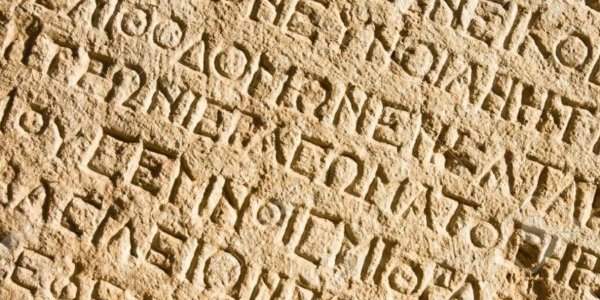Since the establishment of our French school in 2011, it offers students to study Latin and ancient Greek languages. These subjects, which are called Languages and Civilizations of the Ancient World, have been reviewed with the reform of High school.
Please refer to the following article: [article→http://eduscol.education.fr/cid101488/langues-cultures-antiquite-enseignement-complement.html] on the Ministry’s website Eduscol.
From the Roman Empire…
The study of Latin and Greek texts encourages students to deepen their analytical thinking skills. It helps students to understand a language system, develop their vocabulary, interpret and to make conclusions.
At the same time students become acquainted with the study of rich civilizations as being the core of our society.
… The European Union…
It is necessary to assert civic education. “Languages and Civilizations of the Ancient World” must contribute to building “independent citizens who are conscious and able to think critically”. Indeed, they are the “bunch of disciplines, creating unity and wealth” and they let one to compare different visions on the world. More than a citizen, they prepare a European citizen, because these languages help one to get familiar with Roman languages. Together with English and Slavic languages, these languages present a benefit in preparation for “European mobility and intense international exchange”.
… and beyond its borders!
Ancient languages make an intercultural bridge around the Mediterranean and beyond it: archaeological works always reveal exchanges between Graeco-Roman world and Asia, cultural and commercial exchanges. This is shown in the extract from Pliny the Elder, who was worried about commercial deficit of Roman Empire with India, China and Arabian Peninsula in the 1st century AD.
“Minimaque computatione miliens centena milia sestertium annis omnibus India et Seres et paeninsula illa imperio nostro adimunt: tanti nobis deliciae et feminae constant.” Gaius Plinius Secundus, Naturalis Historia 12.82.1
“Minimum 100 million sestertius annually are taken from our Empire by India, China and this peninsula: here is what our women and our sweets cost us.” Pliny the Elder, Natural History, 12-84
« And by the lowest reckoning India, China and the Arabian peninsula take from our empire 100 million sesterces every year—that is the sum which our luxuries and our women cost us »


Share